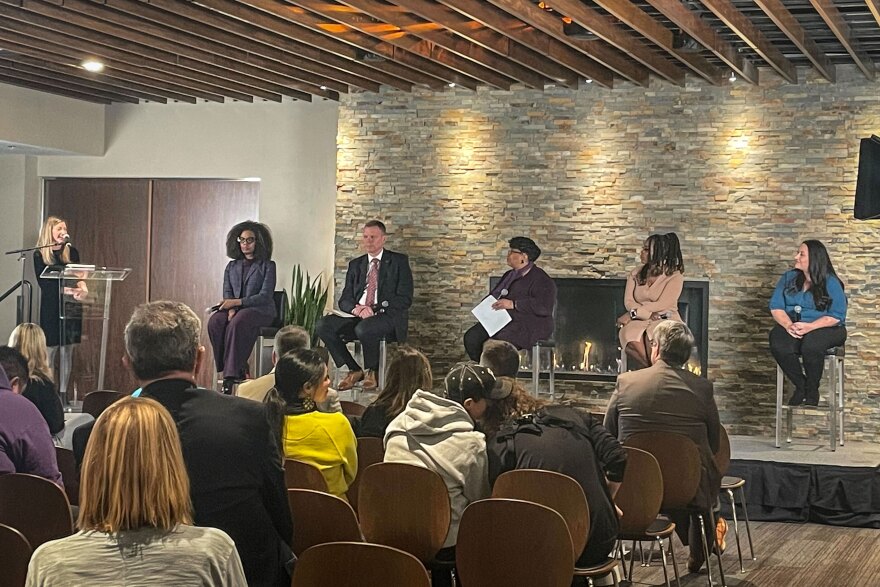Utah's clean slate law provides opportunities for low-level criminal offenders to overcome adversity by clearing records for certain types of misdemeanors. The 2019 law wasn't fully implemented until Feb. 10, 2022.
In some cases, an individual may have to seek out additional resources to take advantage of the program.
Utah is only the second state in the country to activate such a law, and the Department of Public Safety was unclear about what the response would entail.
"When we have close to a half a million records that are eligible for this, we just don't know for sure what we would see," said Department of Public Safety Commissioner Jess Anderson.
Not quite a year into the program, the state's court system has received more than 216,000 records to be expunged. Roughly 60,000 of those have been processed, and Anderson said they still have another 100,000 plus records that need to be manually touched.
“That's a little bit of a backlog, especially as we receive 7,000 records a month coming into the system to continue to be expunged."
The reason for the backlog is partly due to mismatched information in older records as well as a need for additional resources to get them processed. This is why the Department of Public Safety is asking the Utah Legislature to approve funding for more employees.
"So quite simply, we just need some more personnel to be able to address the number of records that we need to manually touch," he said.
Despite the backlog, community advocates say there are still not enough people who know they can get their records expunged and the other resources available to them.
Rasa Legal is a public benefit operation that helps Utahns with higher-level misdemeanors and even felony charges clean their records. CEO Noella Sudbury said employers can play a big role in spreading awareness about the expungement program.
"Spreading the word across their company, their staff suppliers and in the break room. Truly, I think it will take us all."
In addition to the awareness, Jeanetta Williams, president of the NAACP Salt Lake and regional director of Nevada, Idaho and Utah chapters said there's also a push to make the process more affordable.
"I think the main thing is making sure that we can help people get the word out and then also being able to help them get their records expunged and being able to help and guide them. So, for instance, you know, moneywise they would say, Oh, I can't afford it. Well, we're trying to make it so it is affordable."
The Legislature is also helping in other ways. HB1392, which went into effect in 2022, suspends fees for a petition for expungement until June 30, 2023. Normally, fees could cost upward of $2,000.
A person wanting to clear their record will now only have to pay a $65 application fee.
The bill’s sponsor, Republican Rep. James Dunnigan, is also backing another bill that could extend the reduced fee for another five years.
"I think it will have a lot of support from a lot of people, but there's no guarantee," Sudbury said.





